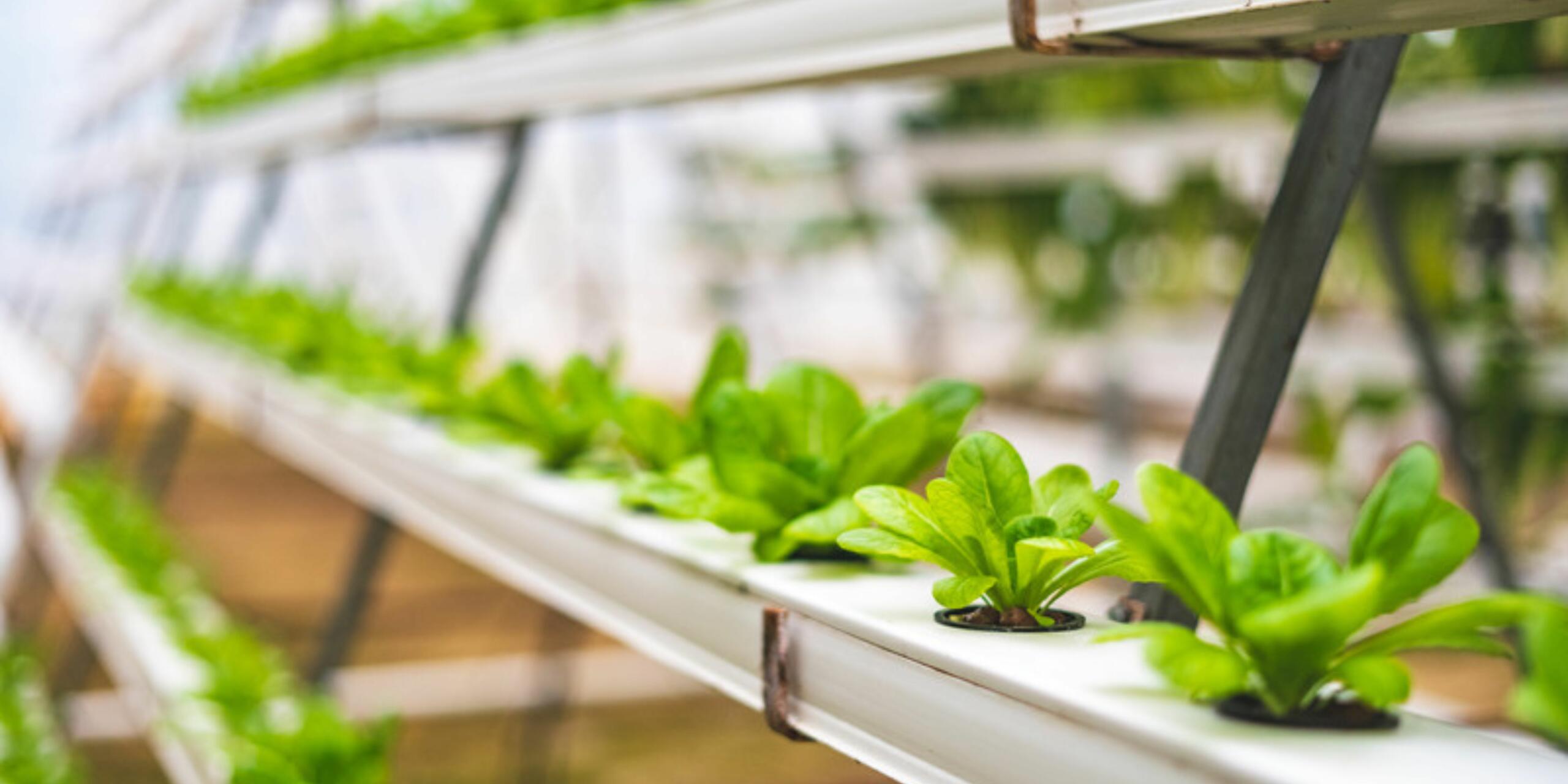Exploring Organic Hydroponics: Growing Plants Without Soil
A type of horticulture wherein plants are grown in a water-based mineral-rich solution, without soil, is called hydroponics. Though growing soilless plants may seem new to many people, however, this method of farming was known even before World War II.
Why hydroponics?
A future-oriented and sustainable method, it solves the problem of space, good soil, and limited water. A popular method among small farmers who want to grow more food in smaller spaces. As compared to traditional soil plantation, water usage in hydroponics is 90% more efficient.
How does a hydroponic system meet the needs of plants?
Plants, like all living things, have certain requirements to thrive well. These include light, air, water, nutrients, and a place to grow. In traditional soil-based plantations, soil helps support the plant, however, in the case of hydroponics, humans have to provide artificial support such as gravel, plastic basket, or rock wool.
Though water, air, and light can be found naturally, nutrients in the case of hydroponics can be provided from organic or inorganic sources. This poses a very important question.
Is hydroponic organic?

The biggest question posed by farmers is – “can hydroponics be done organically?” Or “Do plants thrive without synthetic fertilizer?”. Well, it’s time to bust a few myths.
Hydroponic growers can implement organic practices to grow healthy and better food. Organic hydroponic provide enormous health benefits for humans and sustainability for the environment.
A few organic ways to get the best results in hydroponics

Organic fertilizer sourced from animal byproducts includes fish excrement, duck manure, bird dropping, etc.
Organic seaweed is a good source to increase root mass leading to better and faster plant growth.
Rosemary extract has special compounds that prevent pests and insects from ruining the crop.
Vermicompost leachate is a highly nutritious fertilizer as it is made from high-mineral raw materials, like limestone, bone, guano, etc. Since it is liquid it can be easily added to the hydroponic system.
Neem oil can prove beneficial to hydroponic growing plants as it helps to keep away aphids or whiteflies.
Why organic hydroponics?

Organic hydroponics has immense ecological and health benefits. This method of farming provides a high yield with better and healthier plants.
It also provides a solution for a sustainable future by maximizing space and using water more efficiently than traditional agriculture.
In this era of climate change, this method is of immense help as it facilitates a microclimate environment wherein it can be grown in enclosed spaces like greenhouses, classrooms, etc. Thus, they can be grown year-round irrespective of the climate or weather outside.
Conclusion
The very essence of this farming system is that water is substituted for soil. Organic nutrients are added to water to facilitate a better healthier yield. Growing crops through organic hydroponics does take some additional work and experimentation however, it is worth the time and energy invested. The main principles of organic hydroponics are health, ecology, and sustainability. It could provide a solution for people living in harsh environments with little accessible water to grow their own plant-based food hydroponically.
Here are some other blogs which make your Green Space Greener!
- Gardening Calender Blogs
- Sustainable Gifting Ideas
- Gardener Stories
- Garden Care Blogs
- Miniature Garden Decor
- Gardening Workshops
Have a look at some amazing Videos on Gardening that might help you!
- Tips on planting homegrown plants and creating art with them as a beginner.
- How to preserve, plant, and grow flower seeds in monsoon, winter, and other seasons.
- Growing different vegetables, winter vegetables especially, and tips and tricks to preserve.
- Preserving fruits such as strawberries, Papaya, watermelon, muskmelon, etc.
- Know all about microgreens using examples such as microgreen spinach, microgreen sunflower, microgreen mustard, microgreen flax, etc.
- Using gardening tools such as pots, trays, growing bags, moss sticks, watering cans, etc.
Here are some Workshops that might help you if you are new to Gardening!
- Know more about Sustainable Living ways.
- Watch our workshop on Steps towards being Earth-wise.
- Get guidance on how to do hydroponics farming at home.
- Learn how to propagate Hoya in leca balls.
Happy Gardening!



[…] it even better. Organic hydroponics uses natural nutrients and pest control, not synthetic chemicals7. This approach gives us healthier food and helps our […]
Thank you for writing such an engaging and informative blog post. Your passion for the subject shines through in your writing. For additional information, I recommend click here. Keep up the fantastic work!
Fascinating exploration of organic hydroponics
Fascinating read! Organic hydroponics opens up a whole new world of sustainable plant growth
showcasing the innovative approach to plant cultivation without traditional soil constraints
Thank you for this insightful exploration of organic hydroponics!